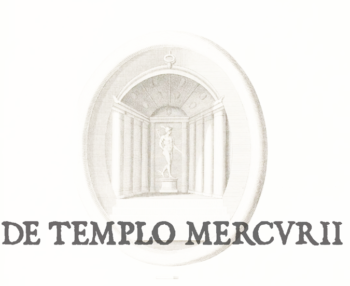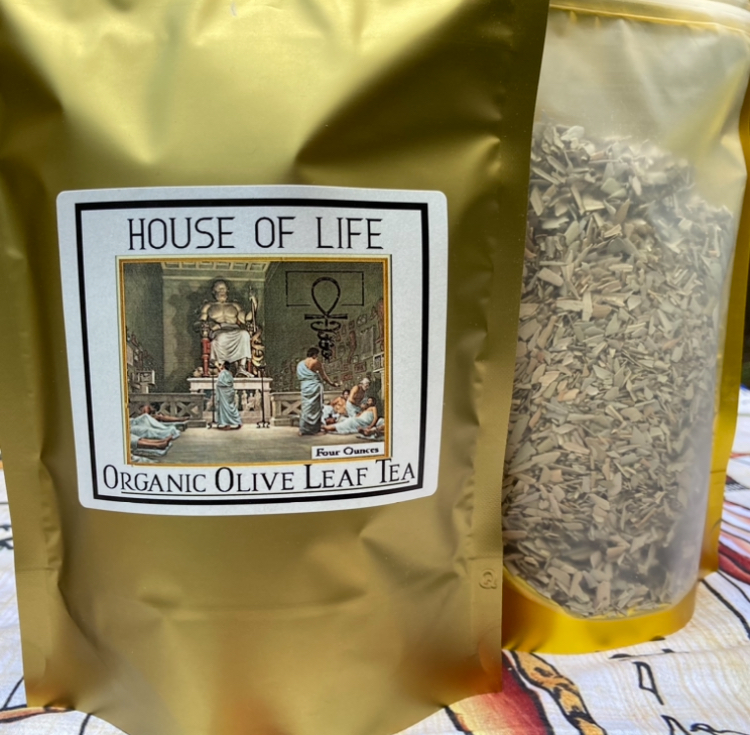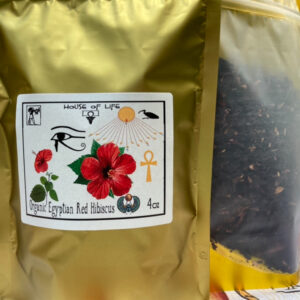Description
We present the highest quality Heliopolis grown olive leaf, the most medicinal grade on earth. This is the supreme fasting supplement and sacred herb for the cathartic purifications, healing protocols and an essential sun herb needed before one undertakes the highest theurgic visionary Rites. We use this for the fasting blends, and it is like a kiss from the Goddess and an expression or infusion of the solar and soil of ancient Egypt. Organic and mineral dense, this is the oasis grown superfood and herbal tea elixir for so many healing conditions. The research is conclusive on the antiviral and antimicrobial properties of this miracle tea.
Olive leaves contain a substance called oleuropein, studied and proven to help reduce cholesterol levels and inflammation. Oleuropein has been shown to have cardioprotective, anti-inflammatory, antioxidant, anti-(diseases which cannot be mentioned), anti-angiogenic and neuroprotective functions. Thus teas also reduce glucose levels in the blood and laboratory studies found that such infusions can kill a number of microorganisms including yeasts, bacteria, and fungi medical herbs to treat diabetic hyperglycemia, hypertension. It has displayed these properties against Candida albicans. Olive Leaf Tea could be a natural option for managing and preventing thrush and other infectious diseases, Olive Leaf Tea to your daily routine. Studies have found that the bioactive compounds in this herbal infusion can help lower LDL (bad) cholesterol. They can also increase HDL (good) cholesterol levels, contributing to a healthier heart. Olive leaf polyphenols can protect against DNA damage and inflammation, which may help prevent cancer and other diseases
Olive leaf extract can help relieve joint discomfort and improve mobility and can help with weight management by affecting how the body processes fats and sugars. Olive leaf can help support the immune system and may reduce the severity and duration of upper respiratory infections. Olive leaf tea is caffeine free and has double the antioxidant capacity of green tea. The results will vary depending on your health goals, but studies using olive leaf show that it’s effective within 8 weeks
The earliest evidence of the olive tree in Egypt can be found in a relief from Dynasty XVIII (1570-1345 BC). Documents reveal that Pharaoh Ramses III (1197-1165 BC) promoted cultivating olive trees and offered the oil extracted from olives in Heliopolis to the Sun God Ra. It is mentioned repeatedly in the Odyssey, and is a sacred plant in Grecian lore. Homer also has a myth of his own; Tired of visiting the Aegean coast, Homer sits in the shade of an olive tree. The olive tree speaks and whispers in Homer’s ear: “I belong to all and belong to no one. I was here before you came, and I’ll be here after you’re gone…”
The lore says that Athena planted the first olive tree, a tree that, for millennia, with its fruits would give a wonderful juice that men could use for the preparation of food, for the care of the body, for the healing of wounds and diseases, and as a source of light for homes. The Egyptians told the Greeks Athens, named for Athena was older than Egypt in Plato, so this has an ancient association. Thucydides (fifth century BC) wrote that “The peoples of the Mediterranean began to emerge from barbarism when they learned to cultivate olive trees and Homer, the olive tree, was a symbol of peace and life. The olive tree trunk, a plant sacred to Athena, was the tree with which Ulysses blinded the Cyclops Polyphemus. It was also considered an emblem of strength and victory, in ancient Greece, the winners of the Olympics were offered a wreath of olive trees and a cruet of oil. The cultic lore of the Greeks is also found in the legend according to which the goddess Athena. She struck the rock with her spear, giving birth to the first olive tree in the world. In ancient Rome it was said that Romulus and Remus, the twin founders of the Roman mythological tradition, were born right under an olive tree.
The ancient Egyptians believed the goddess Isis revealed the properties of the olive tree to man and taught him the art of cultivating and producing oil. The crown made of olive leaves of the pharaoh Tutankhamun, who died at a young age, is a symbol of justice. B.C. III, who reigned in 1100. Ramses offers olive branches to the sun god Ra as a symbol of enlightenment. He used olive oil in lamps for lighting purposes in the temple he had built for God, and decorated the city of Heliopolis (the city of the sun), which was the capital of that time, with olive trees.
”After the Greeks who favored the spread of the olive tree in the Mediterranean, the Romans took on the task of bringing the cultivation of this plant to greater development. The olive tree was planted everywhere in the empire, so much so that the Roman Empire imposed the payment of taxes in the form of olive oil. Also thanks to them the production process improved, there was a distinction made between different types of oil connected to the moment of pressing, (5 species of oil were identified). In Roman mythology, oil had a certain importance. In fact it was Hercules who introduced the olive tree from North Africa and then the goddess Minerva would have taught men the art of cultivation and extraction of oil.”
Comes in food-grade resealable ziploc pouch.



